How to Evaluate a Commercial Off Grid Solar System Supplier: 10 Questions Every Buyer Must Ask ?
Nov 20, 2025
Every buyer should ask these 10 questions to effectively evaluate a supplier before selecting a supplier for large-scale solar projects. These questions are especially important for companies planning commercial off grid solar system installations because these projects involve higher investment and long-term performance requirements:
● How many years has the company worked in this area?● What certifications and licenses does the supplier have?● Can the supplier show references or case studies?● How does the supplier check energy usage?● Will the supplier do a full site survey?● What is the quality of the system’s parts?● How strong and efficient is the system they suggest?● Is the proposal simple and easy to read?● What support and maintenance does the supplier provide?● What warranties, guarantees, and prices are included?
Using these questions as a checklist helps buyers avoid mistakes when they evaluate a supplier. Many buyers forget to check supplier trust, product quality, and long-term costs. Some do not verify if the supplier can meet their energy needs. Others confuse Tier 1 status with actual financial strength. By asking good questions, buyers can identify problems and make informed choices.
Evaluate a Supplier’s Credibility
A supplier’s credibility is very important. It helps buyers trust the supplier and lowers risks. When buyers check a supplier, they protect their money. They also make sure the solar system will work well. A credible supplier is stable. They follow rules and show proof of past work. Some engineering-based companies, such as Anern, share their experience in industrial solar power systems, which helps buyers understand real project capability.
Business Experience
Business experience tells buyers if a supplier is reliable. Companies with many years in solar are often more stable. They have a record of good work. Buyers should check these things:
● Years in business: More years means more experience and trust.● Warranties: Good suppliers give clear warranties for equipment and work.● Online reputation: Reviews and ratings show what customers think.
Tip: Look for customer reviews on trusted websites. Many good reviews mean the supplier is trustworthy.
Factor
Description
Warranties
Solar installers often give warranties for equipment and work.
Time in Business
How long a company has worked shows if it is stable and reliable.
Online Reputation
Customer reviews show service quality and warn about problems.
Certifications & Licenses
Certifications and licenses prove a supplier meets safety and quality rules. Certifications from other groups help buyers trust the supplier. This matters for solar systems that must last for decades, especially in remote areas requiring industrial remote solar power systems.
Certifications also show solar panels and parts meet standards. This helps buyers know their system will work well and last.
Buyers should check for:
● GST Registration for legal business.● ISO 9000-2015 for service quality.● NABCEP certification, which is respected in solar.● State electrical and solar contractor licenses.● Special certifications like Solar PV Associate, Installation Professional, Technical Sales Professional, and Design Specialist.
To check if documents are real, buyers should:
● Look for official logos and correct company names.● Avoid certificates with mistakes, blurry pictures, or missing numbers.● Ask for the certificate ID and date.● Check the certifier’s website to see if it is valid.● Make sure the supplier’s name and certification match.● Call the certifier if something seems wrong.
Note: Real certifications have clear details and can be checked with the certifier.
References & Case Studies
References and case studies show if a supplier can finish projects well. Buyers should ask for examples of similar work. They should talk to past clients to learn about their experience.For example, companies like Anern publish case studies on different countries and terrains, which is helpful when evaluating suppliers for industrial solar power systems or hybrid energy solutions.
Good references and case studies should have:
● Experience with projects like the buyer’s.● Knowledge of local rules and markets.● Use of good analysis tools and software.● Skilled team members.● Correct financial reports and details.● Support during the project.● Clear project timelines.● References from similar work.
Warning: Watch out for big promises, unclear reports, or bad communication. These can mean the supplier is not reliable.
If buyers follow these steps, they can check a supplier’s credibility. This helps buyers avoid mistakes and get a good solar system.
Assess System Design & Quality
A commercial off grid solar system needs to fit the site. It should use strong and good parts. Buyers should check if the supplier plans well. Good design and quality help the system last many years. Every step is important, from checking energy use to picking the right parts.
Energy Usage Analysis
A supplier must check how much energy the site uses. This helps them make a system that fits real needs. They should ask for old electricity bills and equipment details. The supplier should also think about future changes, like new machines or a bigger building.
Buyers should see if the supplier:
● Looks at at least 12 months of energy data.● Asks about times when energy use is highest.● Plans for more energy use in the future.● Tells how the system will handle high use.
Tip: A good supplier uses software to check energy use. They should show the results in the plan.
Site Survey & Assessment
A good site survey helps the supplier make a system that fits. The survey should cover many things. The supplier must visit the site and get important facts.
Key parts of a site survey are:
● Site info: Name and type of building.● Roof info: Type, size, slope, and shade.● Main AC point: Where the main power comes in.● Inverter spot: Where the inverter will go.● Remote monitoring: How the system will be watched.● Assessment: Sunlight and local rules.
Buyers should ask for a copy of the survey report. They should look for clear photos, sizes, and notes. The supplier should explain any problems, like shade or roof issues.
Note: A good site survey helps stop problems and makes sure the system works well.
Component Quality
The quality of panels, inverters, batteries, and wires matters. Buyers should ask about the brands and models used. They should check if the parts have good warranties and reviews.
Common problems are:
● Inverter breaks● Panel wear● Bad wiring● Shade and blocks● Monitoring problems
A good supplier picks parts that avoid these problems. They should use trusted brands and explain their choices.
Warning: Cheap parts may save money now but can cost more later.
System Efficiency & Durability
Efficiency shows how well the system makes power from sunlight. Durability means the system lasts many years with few problems. Buyers should ask about efficiency and how well the system will work.
Solar module efficiency shows how much sunlight turns into power. The Performance Ratio (PR) compares real power to what is expected. Most commercial systems in the U.S. have a PR of about 93.5%. In California, the average PR is 91.7%. Older systems in other places had PR between 66% and 70%.
Buyers should look for:
● High module efficiency● PR above 90%● Clear info about expected power● Plans for regular check-ups
Tip: Ask the supplier to put efficiency and durability info in the plan. This helps buyers compare and choose the best system.
Evaluate a Supplier’s Service & Transparency
A buyer should check how a supplier talks to customers. Good suppliers answer questions and help after the sale. Clear prices and honest plans help people trust the supplier. Good service keeps the solar system working for a long time.
Proposal Clarity
A good proposal explains the whole project. It lists all the equipment and shows when things will happen. It breaks down the costs so buyers can see each part. Buyers should look for simple words and clear numbers. The proposal should also say how the system will meet energy needs.
Watch out for solar companies that knock on your door without asking. These companies may care more about selling than helping you.
Some warning signs in proposals are:
● Big websites but no real address.● Bad reviews or too many perfect reviews.● Promises that seem too good to be true.
A supplier should know about local and federal savings. They should have a plan to help buyers get these savings.
Support & Maintenance
Good support keeps the solar system working well. A good plan has:
● Regular checks with online tools or apps.● Looking at the system twice a year, especially after storms.● Cleaning the panels once or twice a year.● Checking batteries for rust and water.● Keeping the inverter area clean and checking wires.
A supplier should say how they fix problems and who to call for help.
Warranties & Guarantees
Warranties help buyers avoid surprise costs. A supplier should give clear warranties for the equipment and the work. Buyers should ask how long the warranties last and what they cover. Performance guarantees show the supplier trusts their system.
Pricing & Contract Terms
Clear prices help buyers avoid hidden costs. A good supplier lets buyers see prices without giving personal info. Every project is different, so the supplier should explain how they set the price.
Important contract terms are:
● What services and products are included● When to pay● Performance guarantees● Who owns the system● Security interest until payment is done● How to check and measure the system
Buyers should read all the terms and ask questions before signing. When checking a supplier, they should look for honesty, clear answers, and good support.
If buyers use these 10 questions, they can pick a good supplier. This checklist helps them avoid big problems and saves money. It stops things like bad loans or a solar system that does not work well. Buyers who look at experience, ask for references, and check warranties are happier later. They should also ask more questions about how the system is put in, how long it takes, and what is promised. Taking time and listening to their gut helps buyers make better choices and get good results that last.
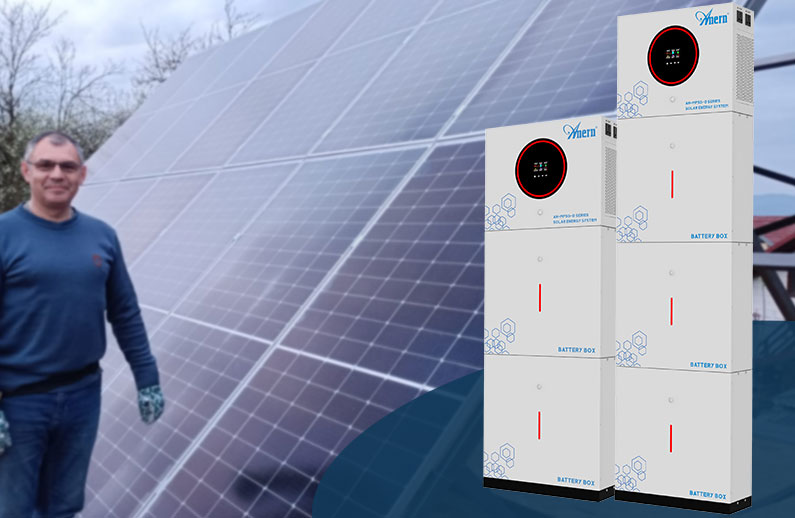
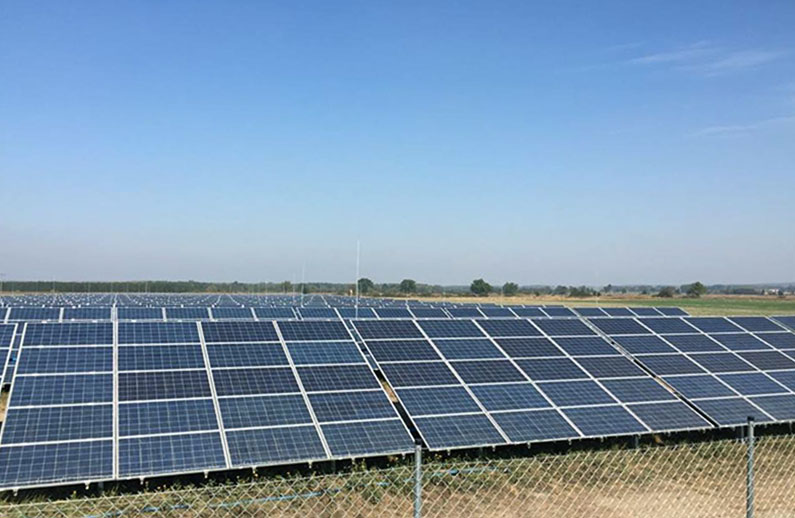
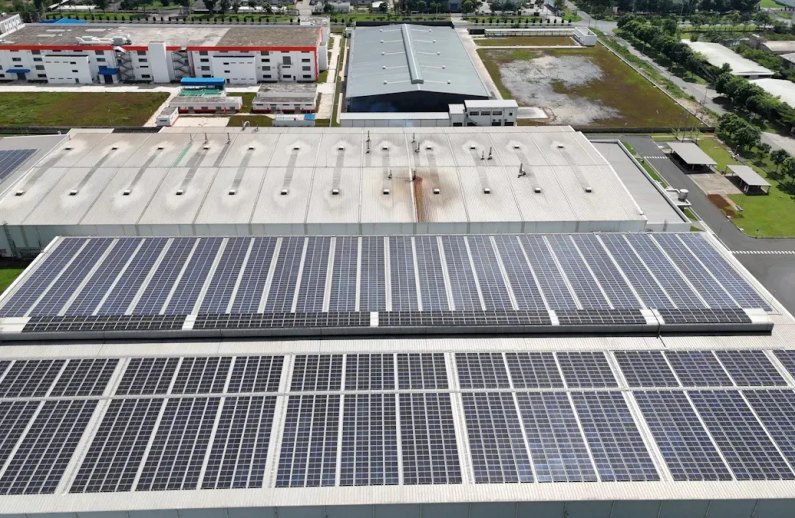

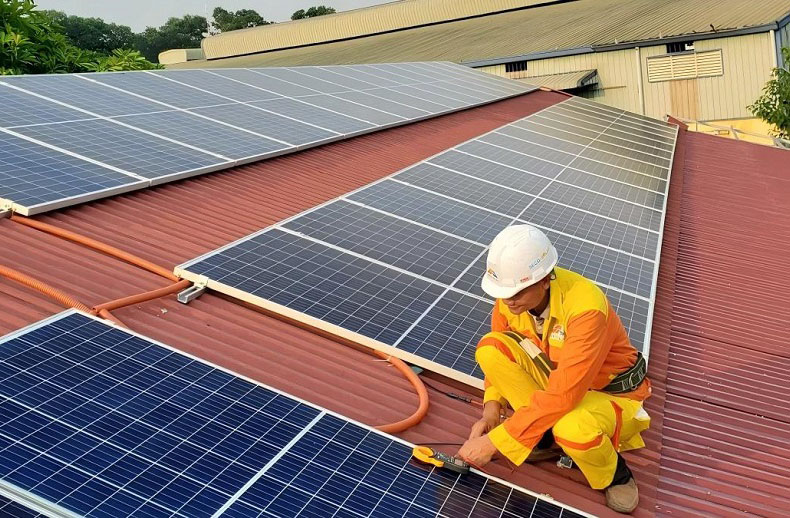
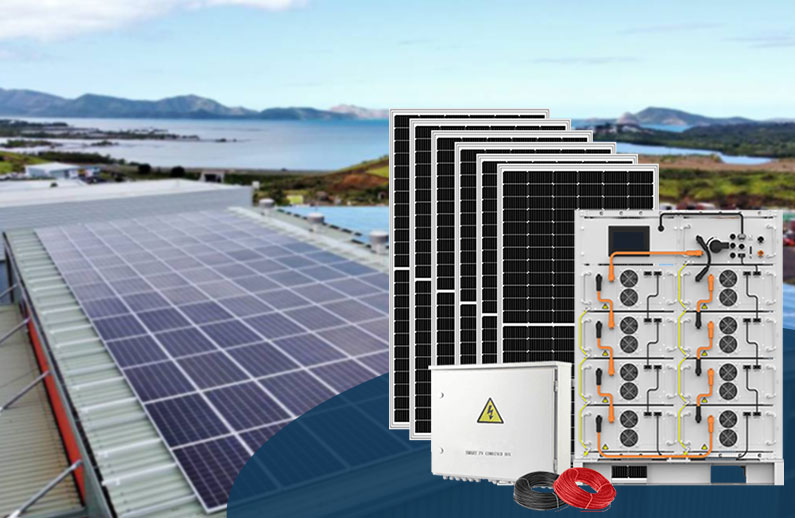
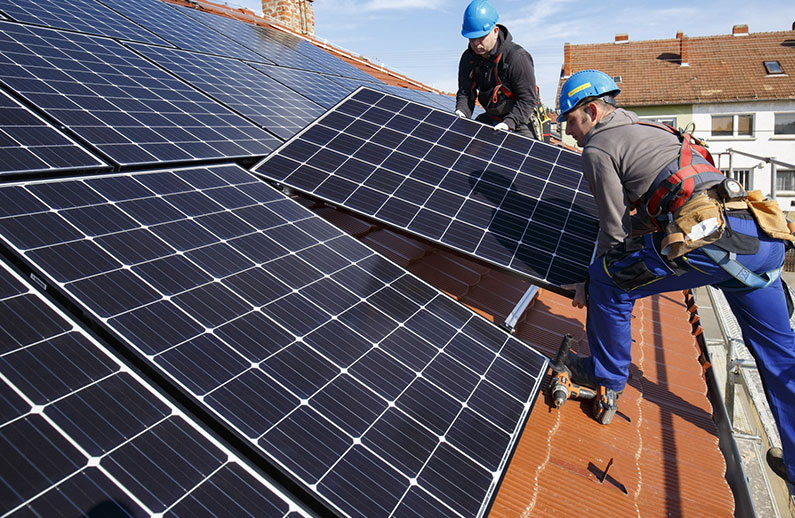


 Network Supported
Network Supported